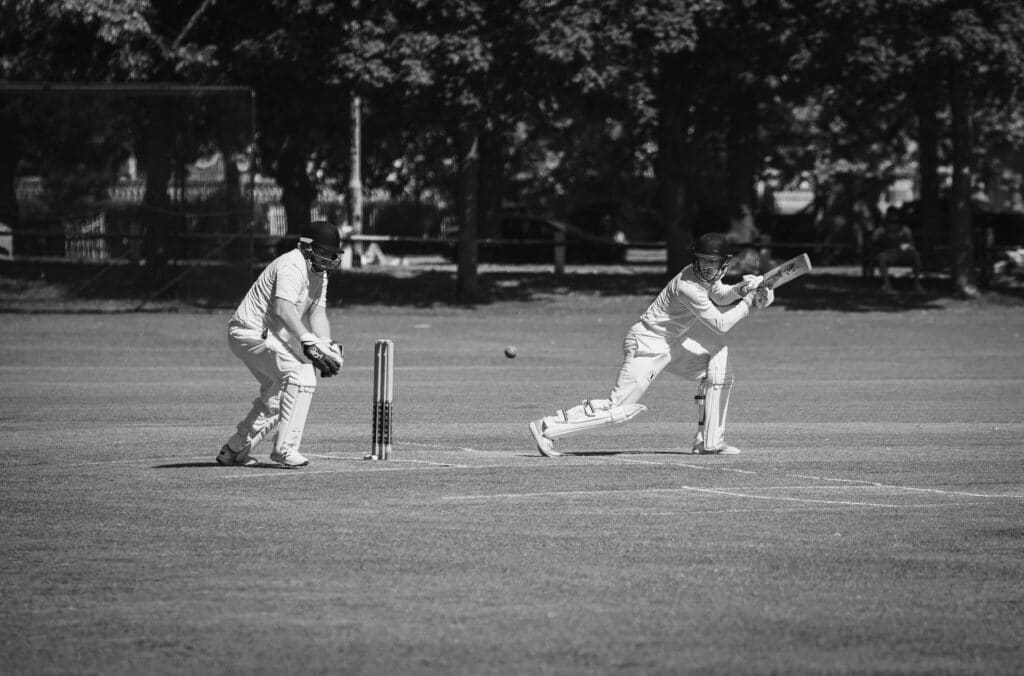Neck pain and ergonomics
What we’ll cover
Neck pain and ergonomics
Neck pain is an incredibly common complaint that be treated effectively and quickly with physiotherapy. Common symptoms of neck pain include restricted range of movement with pain or stiffness in particular or multiple directions. The longer that symptoms last, changes and weakness will occur to surrounding muscles resulting in headaches and pain with driving or sustained postures.
Poor ergonomics and sustained poor postures can contribute to neck pain and stiffness. Our physiotherapist Tegan Skipworth highlights the best way to set up your home office or study.
Does posture affect your neck?
Regular movement is necessary for joint health. When we sit in front of a screen for hours at a time with limited movement, our joints get stiff and often become painful to move. Once this occurs the surrounding muscles become negatively influenced in terms of activation or contraction, and strength and endurance. Headaches can also be the result of dysfunction to neck, specifically the upper part part of the spine at the base of the skull. This may result in pain that starts at the base of the heads and radiates upwards.
How should my desk be set up ergonomically?
- Ensure screen height is elevated to eye level and is directly in front of you. If you utilise two screens, set up in the middle of both screens or directly in front of the screen you predominantly utilise.
- Rest arms in a slight elbow bend position.
- Upright back position and sit deep into the chair
- Feet flat on floor. Utilise a foot rest if unable to reach the floor.
- Alternate between seated and standing positions where possible.
How can physiotherapy help?
Physiotherapy will treat any changes to local joint mobility and biomechanical change found through assessment. This will usually be done with gentle spinal mobilisations and soft tissue work. We are aware that neck pain can be very acute and highly sensitive. This will be respected in the treatment choice the therapist makes to ensure not to aggravate symptoms during treatment. It is highly likely that physiotherapy will include the adjunct of a home exercise program for mobility. We will also discuss recommendations on how to improve your work station set up. In some cases, the consultation could include dry needling or other varied treatment options for pain relief.
What type of exercise should I do for neck pain?
The first goal of physiotherapy will be to reduce pain and restore range of motion to the cervical spine. Exercises in the early stages of management could include range of motion and local stretching. Mat or seated exercises for upper back stiffness are also beneficial. General exercise such as walking or swimming is beneficial. As you progress through your rehab journey the exercises will become more challenging as your physiotherapist starts to introduce resistance exercises into your program. Resistance exercises are best used for long term injury prevention even after your pain has subsided.
How often should I move?
When prescribing exercises for the management of neck pain it is important to move every 45 minutes – 1 hour. Every half an hour, simply change or check your current posture, do 1 – 2 stretches or exercises, and try standing up from your work station. Using incidental exercise and finding regular movement opportunities is most beneficial. Try utilising or setting phone reminders or visual cues at your workstation.
What can I do at home to reduce neck pain?
Topical heat can be a fantastic way to reduce your symptoms during the day to provide symptom relief. Heat packs and hot water bottles are usually the easiest way to apply heat. Heat patches can be utilised to adhere to a thin layer of clothing or the inside of your shirt. If required, medication for pain relief can be used in the short term and we regularly liaise with your your pharmacist or doctor if required.
If you are experiencing neck pain or headaches, contact our team today or book online.


